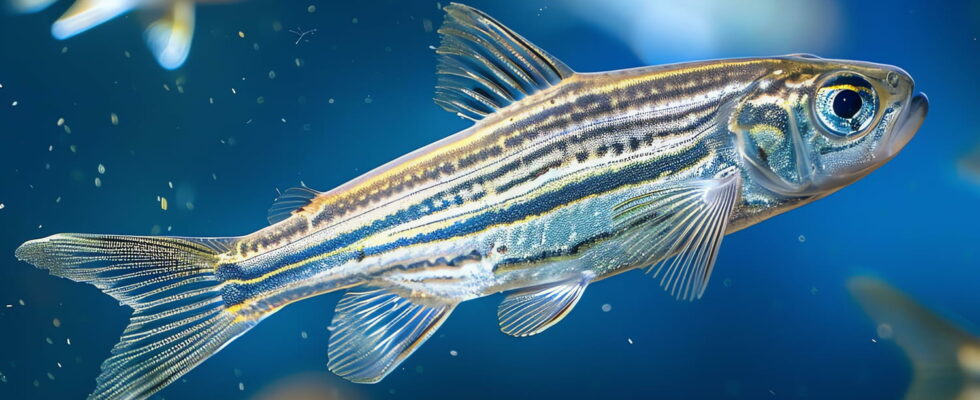Chinese researchers sent fish to their space station. The small vertebrates survived the first weeks… Find out what happened to them.
Since the beginning of the conquest of space, many animals have been sent into space: a dog, mice, flies and even jellyfish… This time, it is fish that China has decided to entrust to the inhabitants of the Tiangong space station. After several weeks spent in orbit, these astronauts like no other acclimatize in an astonishing way to their new habitat.
The four zebrafish have been living in their aquarium on the Chinese space station for more than a month now. The researchers behind the experiment entrusted them to the care of taikonauts (name given to Chinese astronauts) who are responsible for feeding them and changing their water. Scientists will be able to remotely observe the behavior of their zebra guinea pigs using a camera. Contrary to what one might imagine, the little fish are alive and well and slowly adapting to life on the space station. However, they seem slightly disoriented since some of them have started to move unexpectedly, swimming upside down or even spinning around. An unusual behavior in a natural environment but not so surprising given the conditions that prevail in weightlessness.
Life on a space station is very different from life on Earth, mainly because of the absence of gravity, the force of attraction that keeps our two feet on the ground. In weightlessness, astronauts must relearn how to move, and so do the fish! Although they live in water, they are also sensitive to microgravity. Chinese researchers are specifically interested in its effects on vertebrates because the results of this research could be useful for future space missions. They will provide a better understanding of how prolonged stays in space can affect organisms like us.
Although the choice to send zebrafish as guinea pigs may seem surprising, it is in reality a species frequently used by researchers for their experiments. On the one hand, zebrafish have many genes in common with humans, which allows them to be used to better understand what is happening in our bodies. On the other hand, its reproduction cycle is very rapid and its eggs are transparent. It is therefore easy to observe the development of your embryos and study them. This is not the first time that zebrafish have been sent into orbit above our heads since the ISS has already hosted them in the past.
